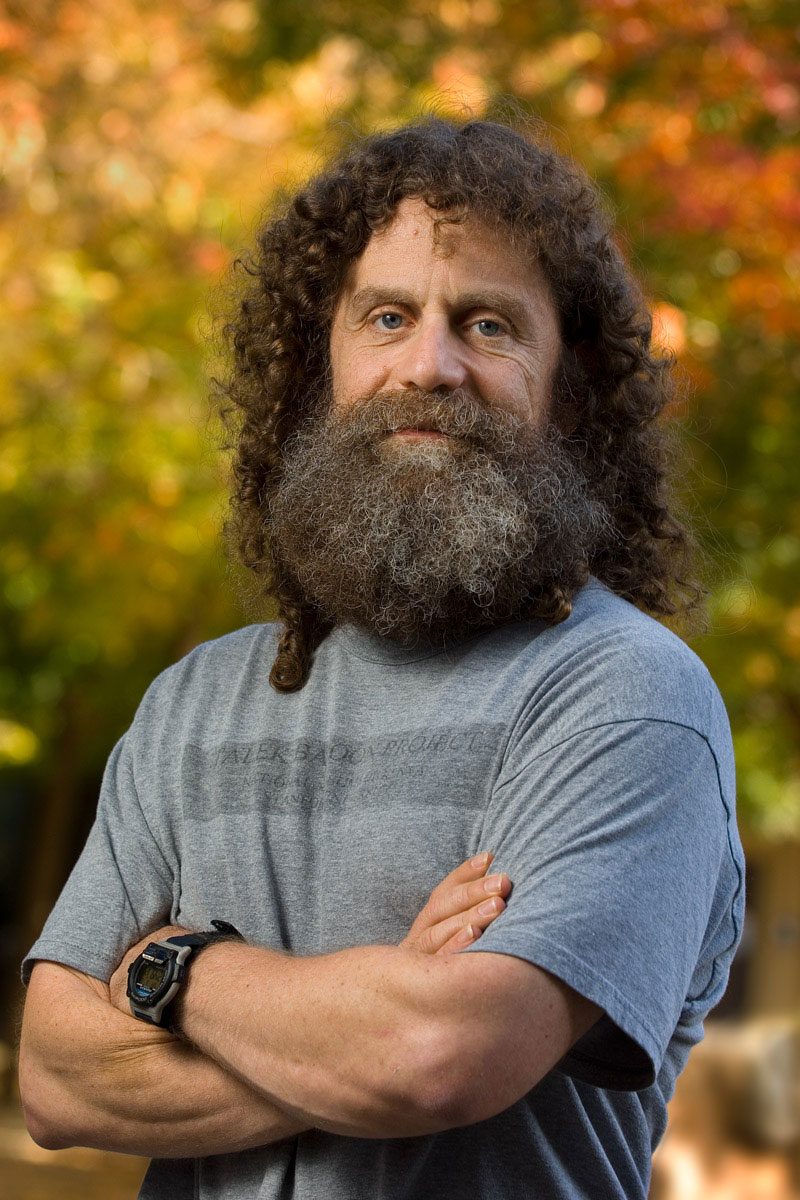Lisa Sapolsky: A Neuroscientist Exploring the Effects of Stress and Social Hierarchies on Brain Health
Lisa Sapolsky is a world-renowned neuroscientist whose groundbreaking research has shed light on the profound impact of stress and social hierarchies on brain function and health. Her work has revolutionized our understanding of the intricate interplay between stress, social interactions, and the development of psychiatric disorders.
Sapolsky's research has provided compelling evidence for the detrimental effects of chronic stress on the brain. She has shown that prolonged exposure to stress hormones can lead to structural and functional changes in brain regions associated with memory, learning, and emotional regulation. Her work has also highlighted the importance of social support in mitigating the negative consequences of stress, demonstrating that strong social networks can buffer individuals against the harmful effects of chronic stress.
| Name | Lisa Sapolsky |
| Date of Birth | November 6, 1955 |
| Place of Birth | New York City, New York |
| Education | A.B., Biological Sciences, Harvard University, 1976 Ph.D., Neurobiology, Rockefeller University, 1980 |
| Occupation | Professor of Biology and Neuroscience, Stanford University |
| Notable Achievements | Recipient of the MacArthur Fellowship, the National Science Foundation's Alan T. Waterman Award, and the American Psychological Association's Distinguished Scientific Contribution Award |
Beyond her scientific contributions, Sapolsky is also an accomplished author and science communicator. Her popular book, "Why Zebras Don't Get Ulcers," has been translated into over 20 languages and has helped toize the field of behavioral neuroscience to a broad audience. Sapolsky's ability to make complex scientific concepts accessible and engaging has made her one of the most influential science writers of our time.
lisa sapolskyIntroduction
{point}Introduction
{point}Introduction
Frequently Asked Questions about Lisa Sapolsky and Her Work
This section addresses some of the most common questions and misconceptions surrounding Lisa Sapolsky's research and its implications.
Question 1: How does chronic stress affect the brain?
Answer: Sapolsky's research has shown that chronic exposure to stress hormones can lead to structural and functional changes in brain regions associated with memory, learning, and emotional regulation. These changes can contribute to the development of psychiatric disorders such as depression and anxiety.
Question 2: What is the role of social support in mitigating the effects of stress?
Answer: Sapolsky's work has highlighted the importance of social support in buffering individuals against the harmful effects of chronic stress. Strong social networks can provide individuals with emotional support, practical assistance, and a sense of belonging, which can help to reduce the negative impact of stress on the brain and body.
Summary: Lisa Sapolsky's research has provided valuable insights into the profound effects of stress and social hierarchies on brain health. Her work has implications for understanding the development of psychiatric disorders and for developing strategies to promote mental well-being.
Conclusion
Lisa Sapolsky's groundbreaking research has revolutionized our understanding of the intricate relationship between stress, social interactions, and brain health. Her work has provided compelling evidence for the detrimental effects of chronic stress on the brain and has highlighted the critical role of social support in mitigating these effects.
Sapolsky's research has profound implications for our understanding of mental health and well-being. Her work has helped to pave the way for the development of new treatments for stress-related disorders and has inspired a new generation of scientists to explore the complex interplay between the brain, behavior, and social factors.
Discover Iain Armitage's Impressive Net Worth In 2024: Unveiling The Young Star's Fortune
Who Are Crown Prince Mohammed Bin Salman's Wives? Get To Know The Saudi Royals
The Definitive Guide To Aubrey Wyatt Investigation

Meet Lisa Wimberger Founder and CEO of Neurosculpting® SHOUTOUT COLORADO

Stanford biologist Robert Sapolsky takes on human behavior, free will